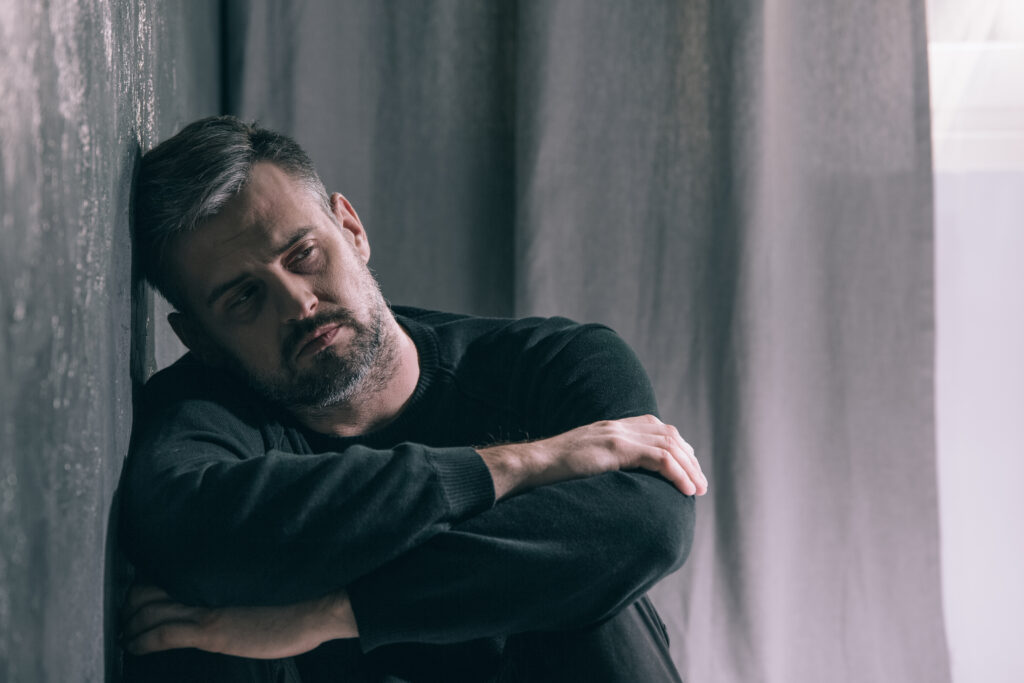Meth Addiction in the Gay Community
By Cator Sparks, Life Coach

I am getting lots of questions about meth. It’s a significant issue in our community, and I’m hearing from many men who want to quit and find spaces where it isn’t so prevalent. If you have any suggestions or thoughts on the topic (or are looking for support), email me cator@davidatlanta.com
Meth addiction continues to take a devastating toll on our community. Often linked to party and play (PnP) culture, meth can initially seem like a ticket to confidence, connection, and pleasure. But the aftermath is often marked by isolation, shame, and severe mental and physical health challenges.
For many gay men, meth use is tied to deeper issues—loneliness, trauma, internalized homophobia, or body image pressure. The drug promises escape and euphoria, but quickly turns into a cycle of dependency that can erode self-worth, relationships, and physical health.
The stigma around meth use adds another layer of pain. Many struggle in silence, fearing judgment or rejection from both the LGBTQ+ and recovery communities. But healing is possible—and you’re not alone.

Tips to Get Help:
- Start with Honesty
Admit there’s a problem. This isn’t about shame—it’s about getting your life back. - Find a Queer-Affirming Therapist or Coach
Support from someone who understands your identity and the cultural context of gay life is key. - Look into LGBTQ+-Focused Recovery Programs
Groups like Crystal Meth Anonymous (they have in person meetings in and around ATL), The Trevor Project, or local LGBTQ+ centers offer safe spaces and targeted resources. - Build a Sober Support Network
Community matters. Seek out people who support your sobriety, whether through trusted friends, support groups, or online spaces. - Practice Compassion
Addiction is not a moral failing. Recovery takes courage, time, and kindness toward yourself. - Reconnect with Your Body and Spirit
Through movement, creativity, or spiritual practice, find ways to reinhabit your body in loving and empowering ways.
Recovery isn’t linear, and relapse doesn’t erase your progress. What matters is your commitment to healing and knowing that your worth is never in question.
You deserve joy, clarity, and connection—without the crash.
